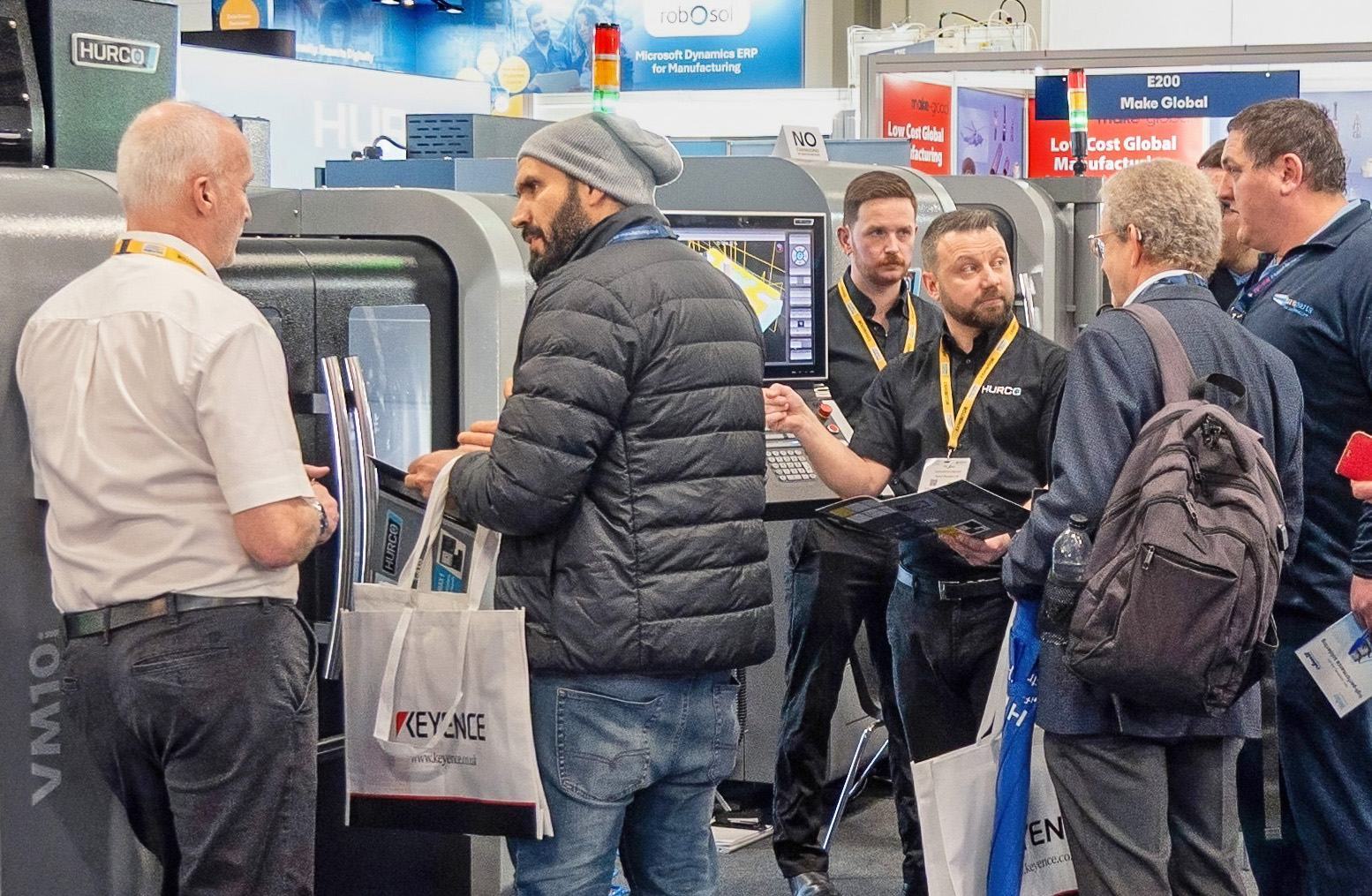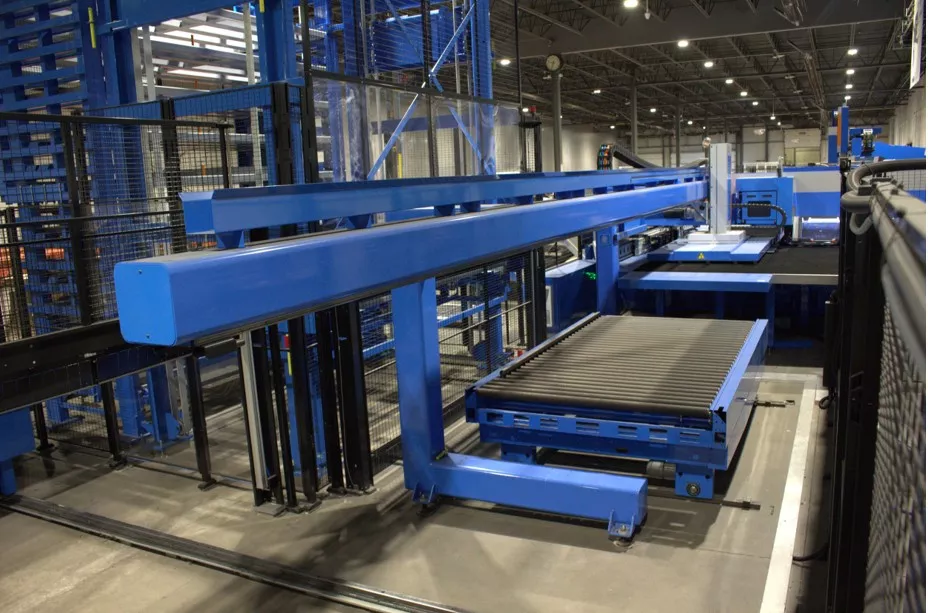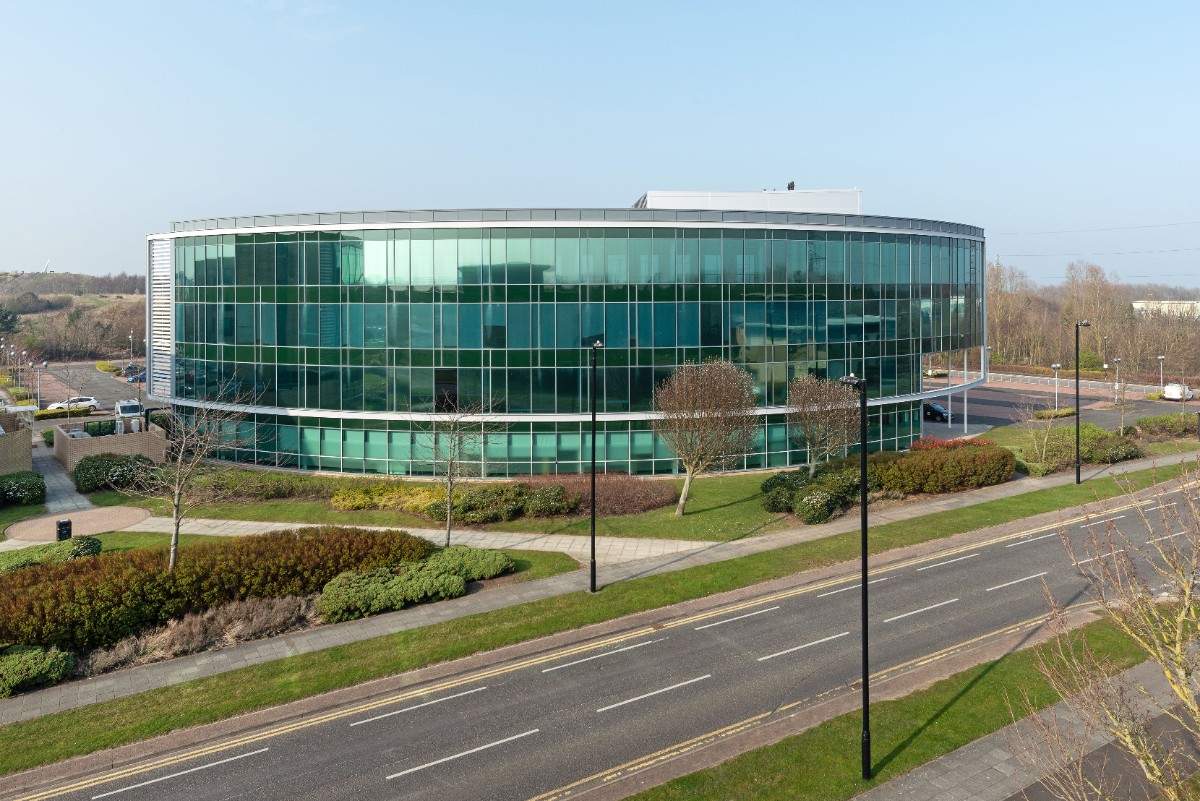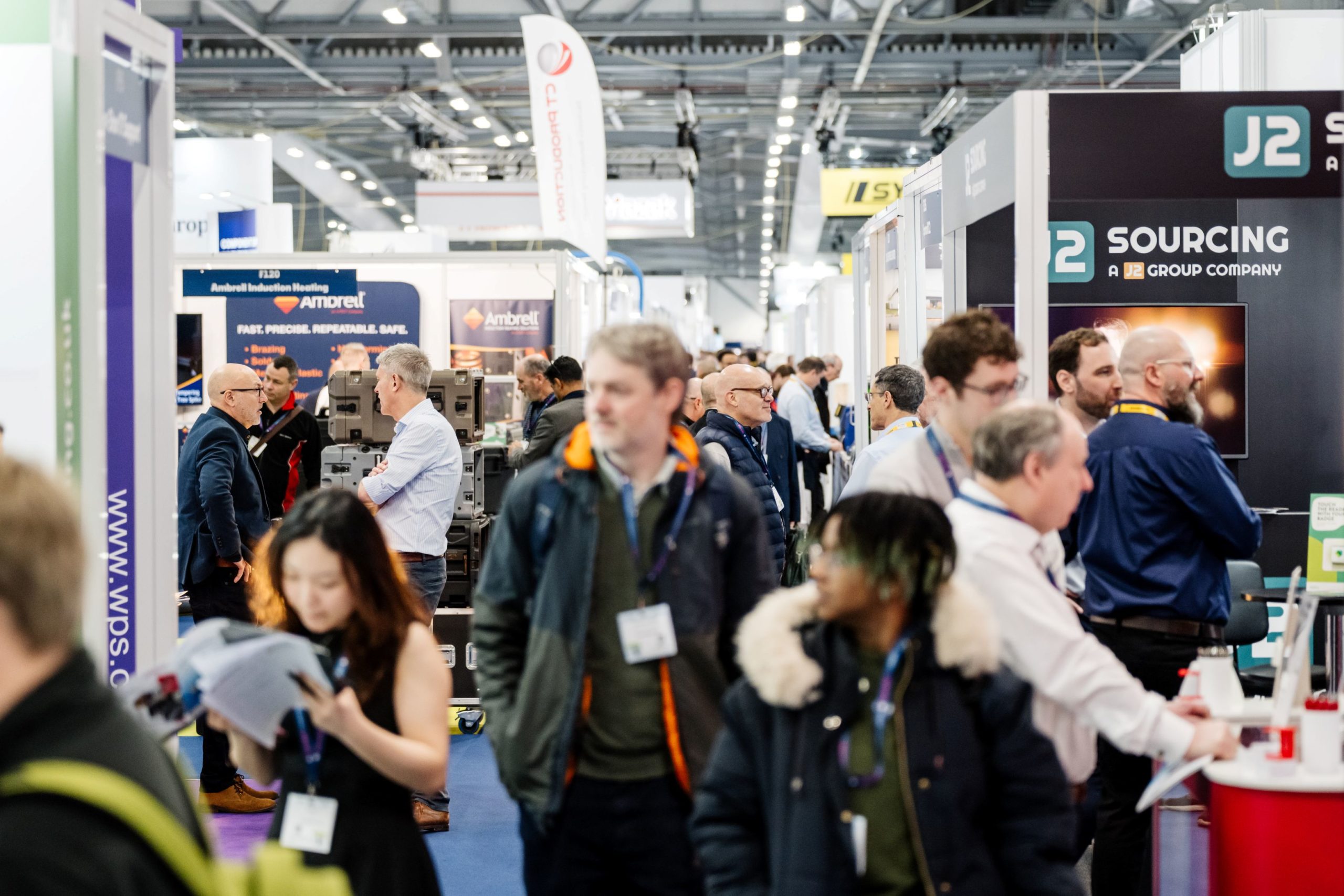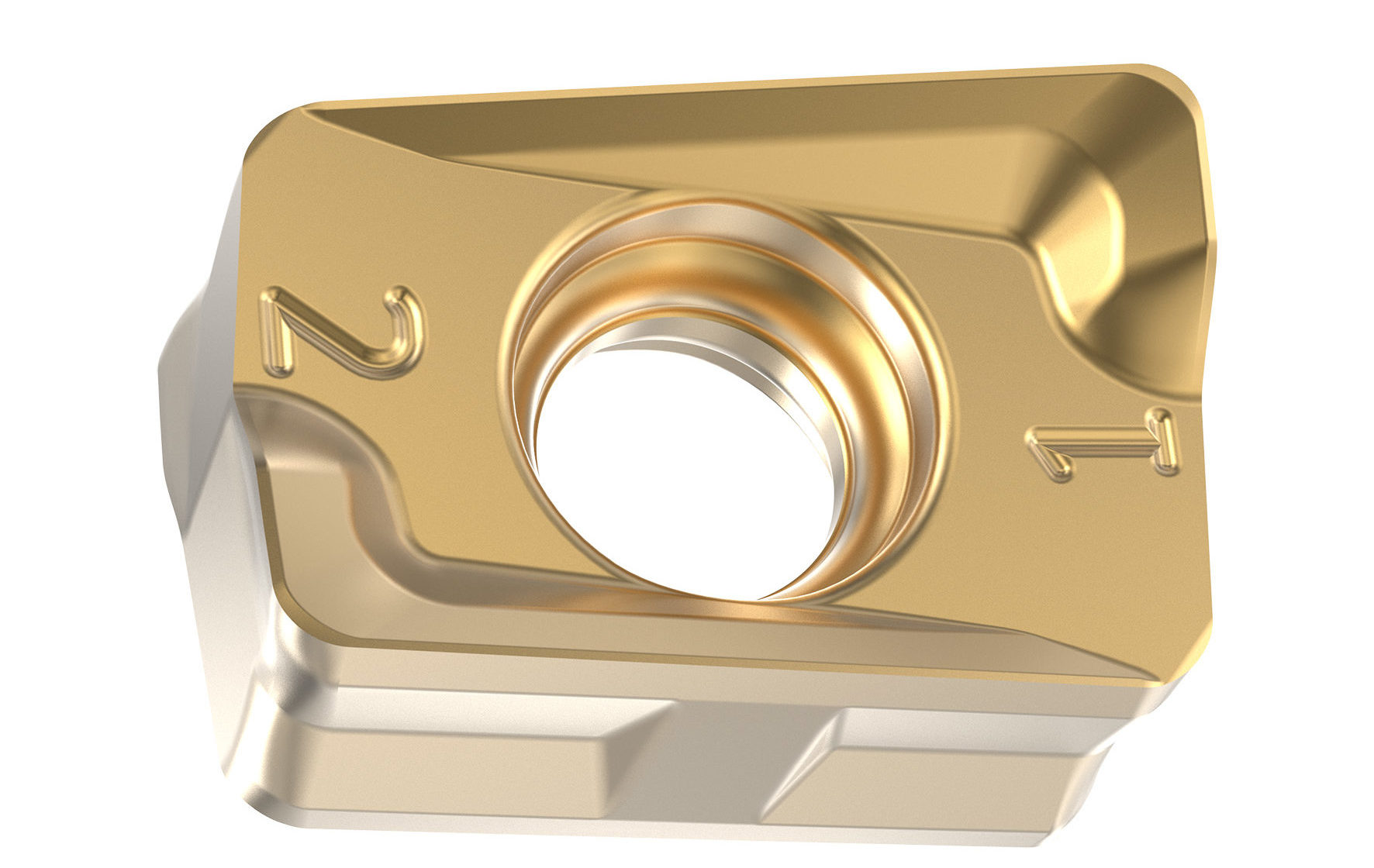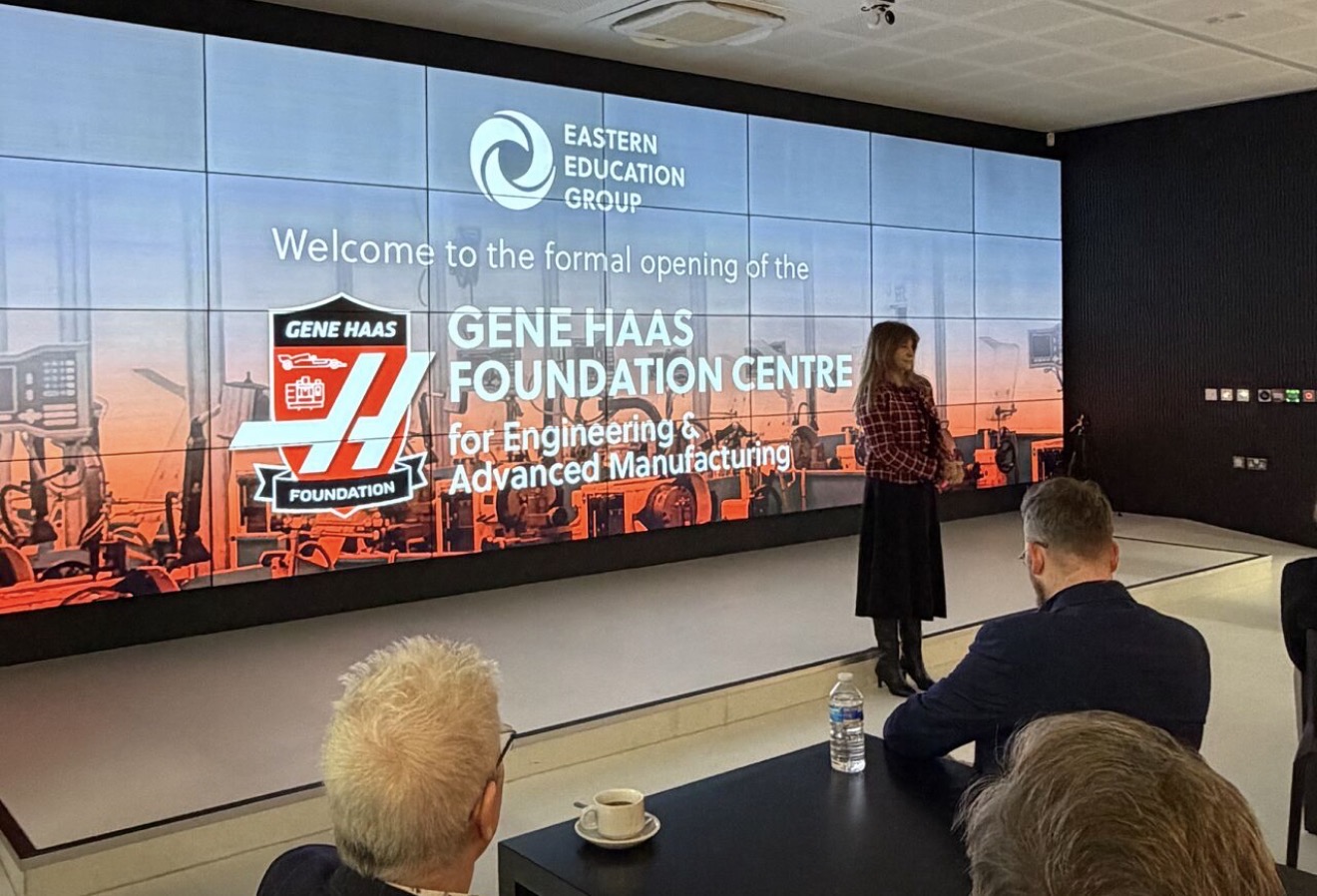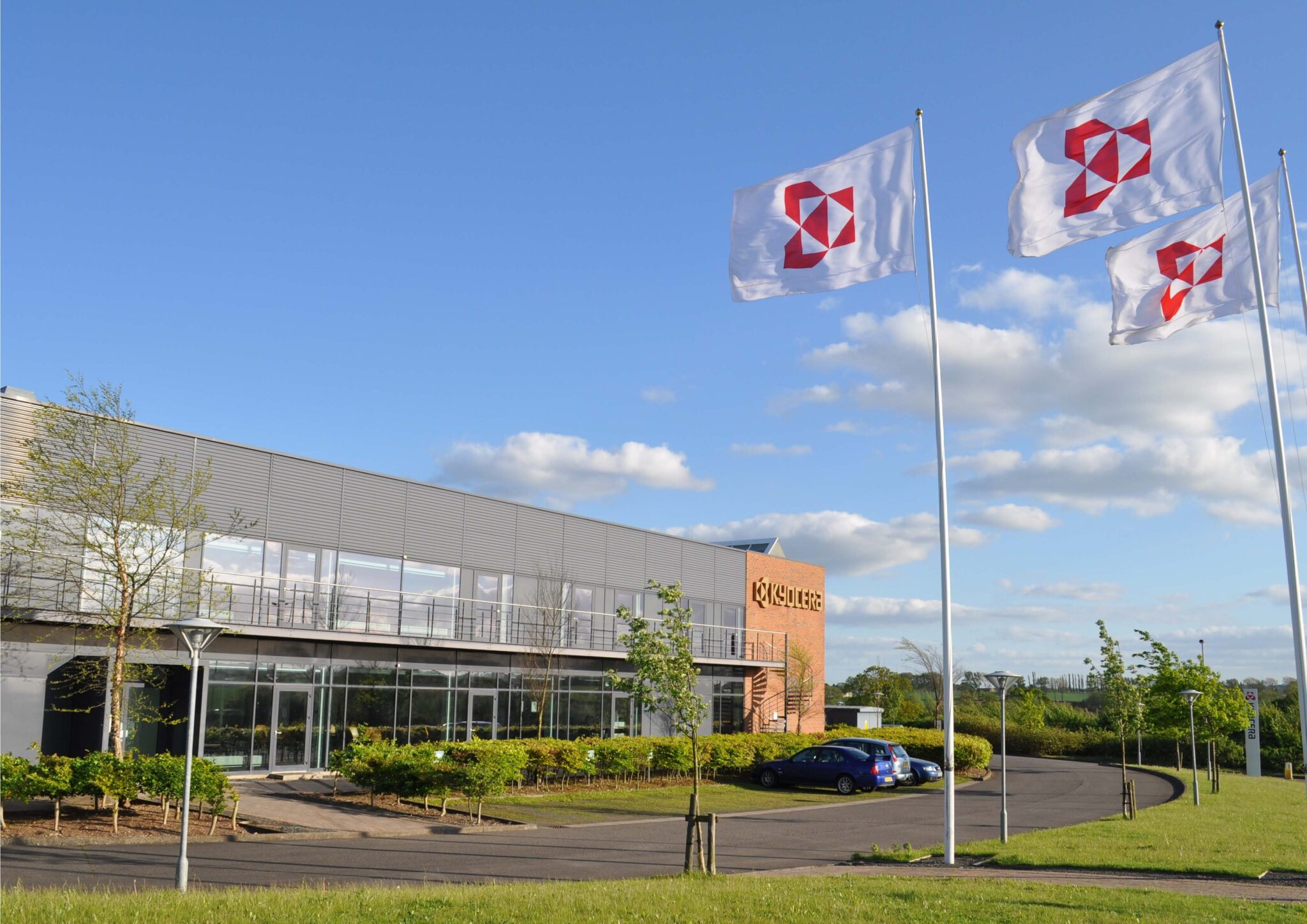UK Metals Council Chair makes first ‘official’ visit to Birmingham
The newly appointed Chair of the UK Metals Council (UKMC) Rachel Eade MBE has made her first visit to manufacturing specialist Anopol Ltd, based in Digbeth, Birmingham.
The first female Chair of UKMC was taken on a tour of the current Anopol manufacturing facilities and to preview plans for future growth aspirations.
Rachel Eade MBE said: “Digbeth is a vital hub of manufacturing and collaboration. It’s my pleasure to meet with an outstanding metals specialist such as Anopol. Birmingham experienced unprecedented levels of industrial innovation during the industrial revolution and this continues today. It’s been an invaluable visit to build relationships and help prepare the way for future developments during the current turbulence that we’re experiencing throughout the supply chain.”
Anopol is the UK’s market leader in electropolishing and chemical surface treatment processes and a member of the UKMC supplying many sectors from Automotive to Medical. Anopol operates from ISO 9001 and ISO 14001 accredited facilities in Birmingham, West Midlands (UK) and Bordon, Hampshire (UK) and has over 50 years’ experience in electropolishing, pickling, passivation and other surface treatment processes of stainless steels.
David Cass – Managing Director at Anopol said: “I’m delighted to welcome Rachel to Anopol and share our ambitious plans. We know she will make an outstanding contribution in her role as Chair having so much experience across industry and we look forward to working with her.While all members of UKMC are navigating through a challenging period, particularly with energy and materials, metal manufacturing has substantial opportunities to achieve efficiencies and upskill. It also has to embrace data and increase productivity through digital technologies.”
In its vision to create a modern, sustainable, and progressive UK metals industry, UKMC consists of business leaders from across the entire supply chain representing more than 11,000 companies, supporting more than £200bn of UK GDP. As a key component of the circular economy for metals, it aims to actively promote the supply of high-quality, innovative and competitively priced products to UK manufacturing and infrastructure projects, while maximising the use of technology for Net Zero by 2050.

